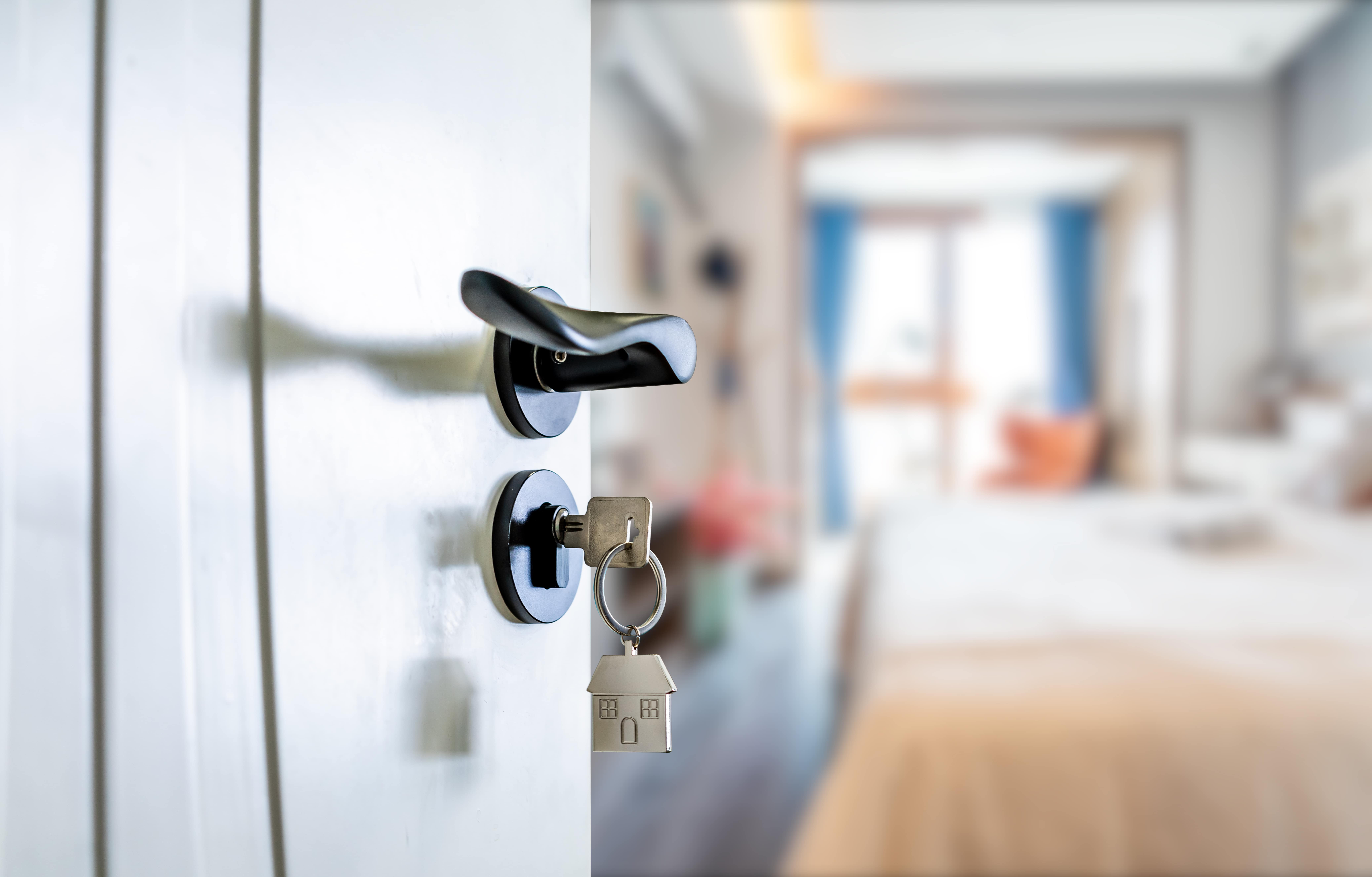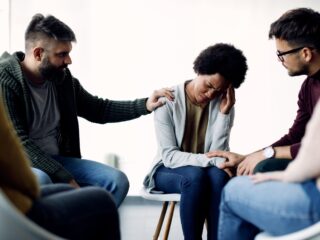Maintaining sobriety is part of your ongoing recovery after completing medical detox and an addiction treatment program. However, some people can stray when put into various situations and circumstances. As a result, they could relapse when they do not have an exit plan for relapse in place.
What Is Relapse?
A relapse is when a person returns to drinking or using drugs after remaining sober for a period, whether a few months or several years. The individual makes a conscious decision to return to drinking or using drugs for whatever reasons.
Unfortunately, with the disease of addiction, people fall right back into their formal level of usage within a short period. This is because their body and brain undergo chemical changes and alterations that take a long time to heal. Sadly, tolerance levels grow quickly to previous levels when someone relapses.
What Is the Difference Between Relapse and Lapse?
The term relapse is often misused to describe any type of drinking or drug use after a period of sobriety. However, it is not the same as a lapse. A lapse is often called a slip-up because it causes the person to experience a setback in their recovery journey.
When a person experiences a lapse, they do make a conscious decision to drink or use drugs, but only for a short time. For example, they encounter former friends that use drugs and give in to peer pressure to use just once. Oftentimes the person feels guilty about using as soon as the effects of the drug wear off.
As long as they acknowledge the lapse and take steps to restore their sobriety, they can avoid a full-blown relapse. Conversely, if they continue to lapse and the period of lapses becomes more frequent, they are often on a downward slide into a full-blown relapse.
What Is a “Free-Lapse?”
Another type of lapse some people experience is called a “free-lapse.” This is where they do not consciously decide to use drugs or drink. A “free-lapse” is an accidental and unintentional use of alcohol or drugs.
For example, you are at a family gathering and ask for a lemon-lime soda. Instead, you get a club soda mixed with lemon-lime vodka and drink it believing you were given the soda.
What Is an Exit Plan for Relapse?
An exit plan for relapse should be part of your relapse prevention toolset and recovery strategy. It is a plan you create to help guide you when you are put into a setting, situation, or around a person or people that could cause you to lapse or relapse. Your exit plan aims to help you escape the situation and maintain your sobriety.
It usually consists of different options you can use quickly and easily to avoid drinking or using drugs. It is acceptable to have more than one exit plan in place so you can quickly adapt and adjust it when put into various settings, situations, or around people, including the following:
- Escape now. This exit plan is where you quietly remove yourself and leave. For example, you could say you are going to the bathroom or need to make a phone call and simply do not return. There is nothing to feel embarrassed about when you ditch a situation threatening your sobriety.
- Find a safe haven. Sometimes, you can feel shaken, upset, and questioning whether you should have just given in. In these times, it is best to find a safe haven, such as a support meeting, calling your sponsor, or contacting a peer that is part of your support group.
- Call for help. In some situations, you may not be able to escape as easily but still are confronted with alcohol or drug use. Call your sponsor or a sober friend that can come get you. It can be beneficial to have them remain on the phone with you until they arrive to avoid a lapse or relapse.
How Do I Create an Exit Plan for Relapse?
Creating an exit plan to avoid relapse requires having several strategies in place. The following are some tips you can use to create your plan.
- Have more than one person you can call. You should have at least three people you can call in case your first choice is unavailable.
- Learn to say “no” in an assertive manner. When you can say no without any hesitation or reservations, most people will not continue to pressure you into drinking or using drugs.
- Do not be afraid to leave. You never owe anyone an explanation when you find yourself in a situation, setting, or around people that could cause you to lapse or relapse. So be prepared to leave before you arrive.
- Avoid feeling overconfident. It is essential you recognize your limits and what you can handle and manage. If you are feeling uncomfortable, it is better to leave than push yourself beyond your limits.
- Continue to expand your relapse prevention skills. You can never have enough skills and tools to use to avoid lapses and relapses. It is not uncommon to find some things do not work. So, having a broader range of skills and tools to turn to can help protect your sobriety.
Lapse and Relapse Detox and Help in Columbus, OH
Should you lapse or relapse, it is essential to detox to get back on track with your recovery. Ohio Addiction Recovery Center in Columbus, OH, has detox and relapse prevention programs to help you build a stronger exit plan. Contact us today.






